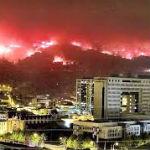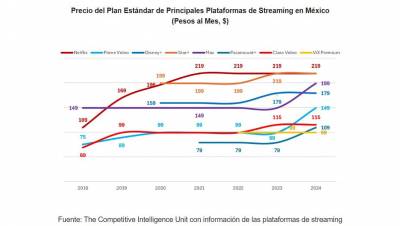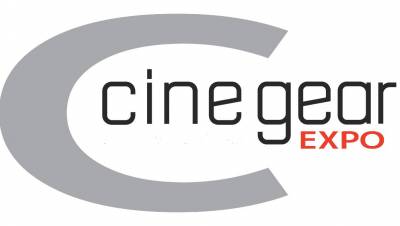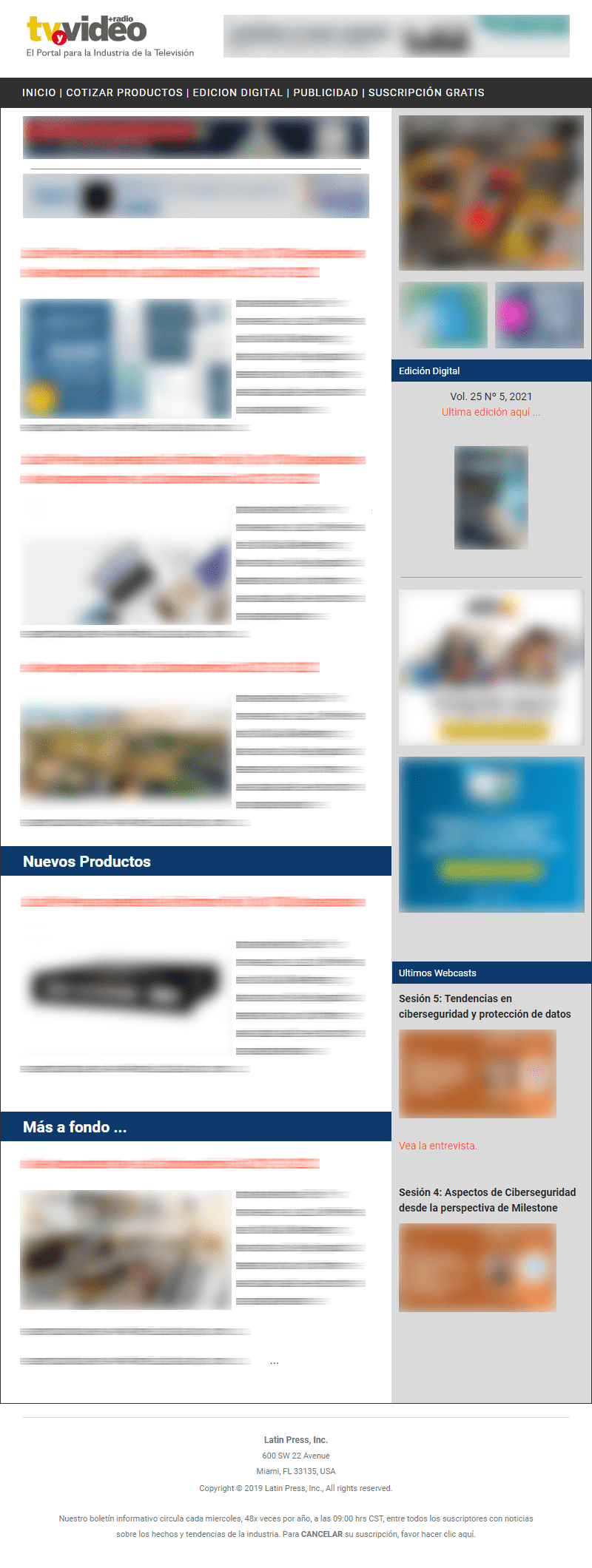 Chile. After the earthquake in Iquique and Arica and the great fire in Valparaíso, the National Television Council carried out two studies – a screen analysis and a telephone survey – in order to analyze the contents and the reception of the audience to the treatment given by the newscasts of the open and paid signal channels during both events.
Chile. After the earthquake in Iquique and Arica and the great fire in Valparaíso, the National Television Council carried out two studies – a screen analysis and a telephone survey – in order to analyze the contents and the reception of the audience to the treatment given by the newscasts of the open and paid signal channels during both events.
70% of the interviewees considered the coverage of the fire sensationalist and 54% that of the earthquake, using resources such as real audio, close-ups, adjectivation and reiteration of images. The screen study showed that 17% had a dramatic character, that is, they used resources such as real audio, close-ups, adjectivation and reiteration of images. However, there are channels such as La Red and UCV that did not present any dramatic note in the coverage of the natural disasters indicated.
Regarding the attribution of objectives pursued by television when covering disasters, 83% believe that the channels were concerned about getting ratings. Likewise, 54% consider that the channels were concerned to a low extent about respecting the privacy of those affected and that they did not have enough respect for the pain of the people (52%).
In the television broadcast of the earthquake, 65% say they spent more time than necessary speculating on possible new catastrophes. While in the Valparaiso fire, 54% of the interviewees consider that a lot of time was given to show the situation of the people and 47% to the material losses.
For the screen analysis, 877 minutes of the newscasts of free-to-air and pay TV channels were reviewed between April 2 and 3, 2014, a period in which they dedicated 84% of their time to coverage of the earthquake, relegating the remaining time to other news.
The issue that was given more screen was the finding of damage (32%), accompanied by a significant presence of natural persons as a news source, (38%) a fact that was also found in the earthquake of 2010. However, the greatest demand from viewers is for the assessment of damages and not for the mere verification of damages, and the inclusion of more expert voices.
The Network was a channel that covered 5% of verification of material and human damage and 29% of political and critical analysis of the catastrophe. As for the use of sources, together with CNN they had politicians and parliamentarians as the main interviewees, instead of natural persons. UCV, on the other hand, opted for professionals and experts.

























Leave your comment